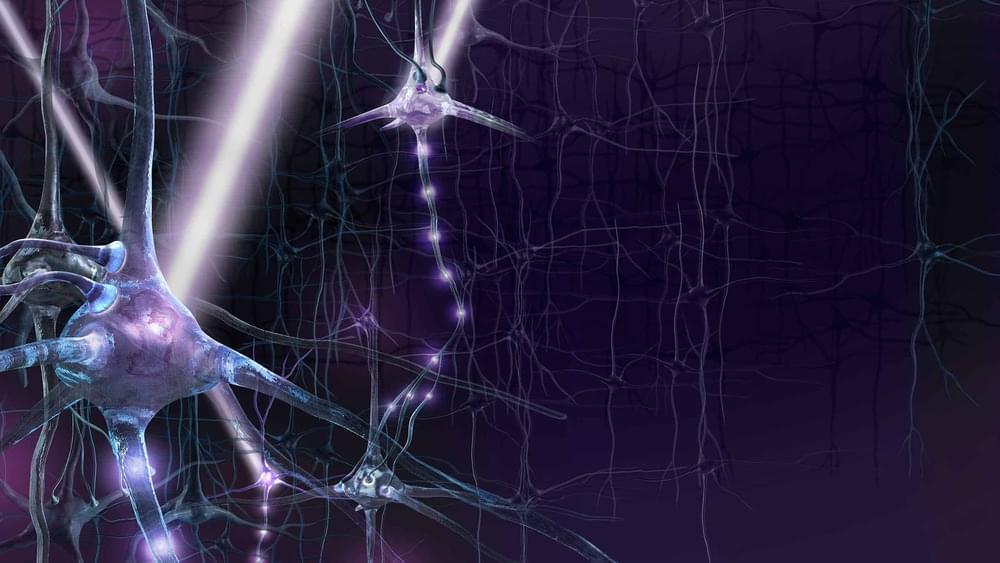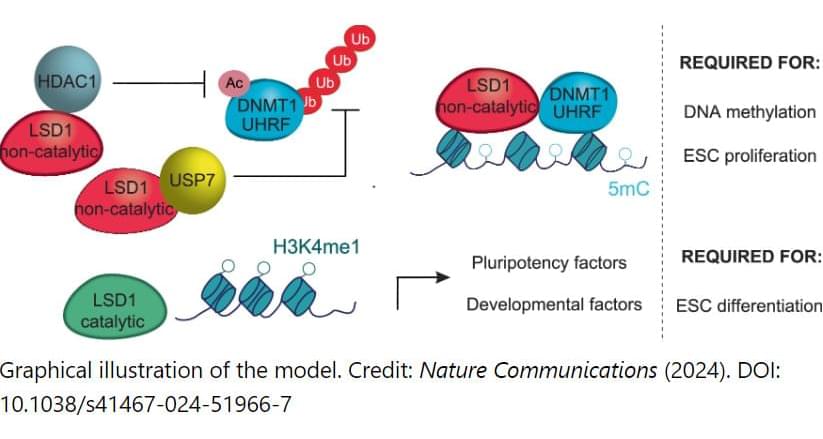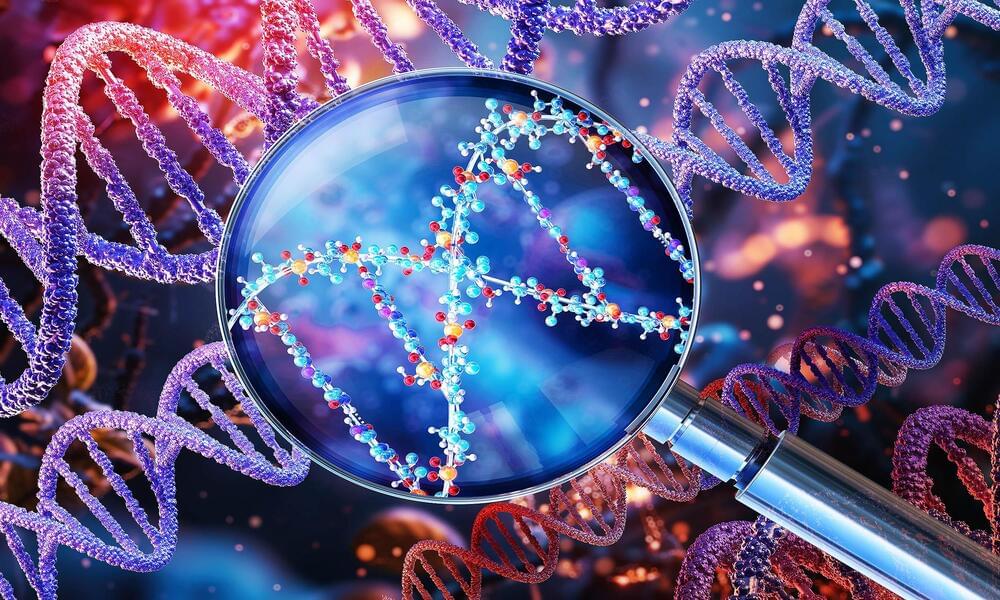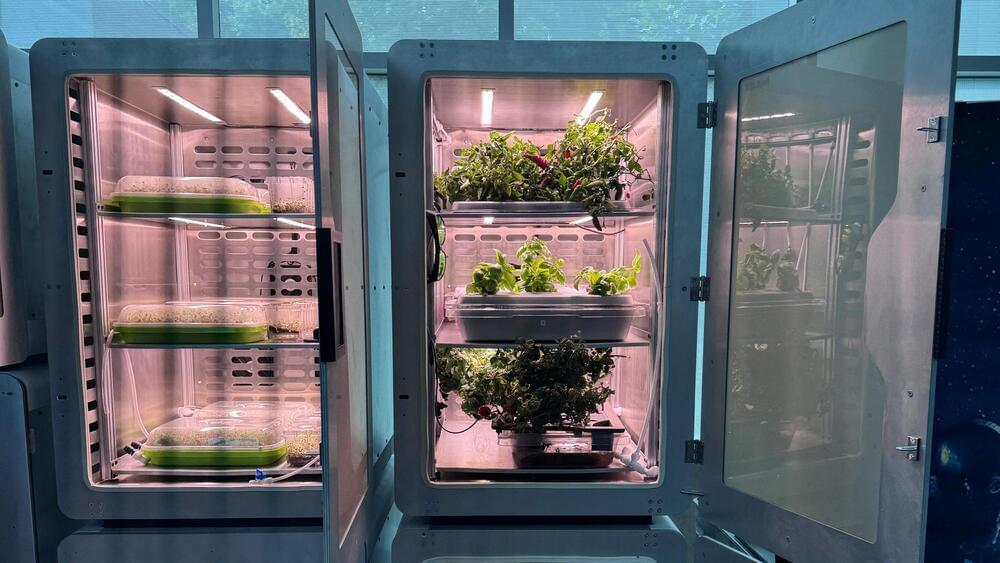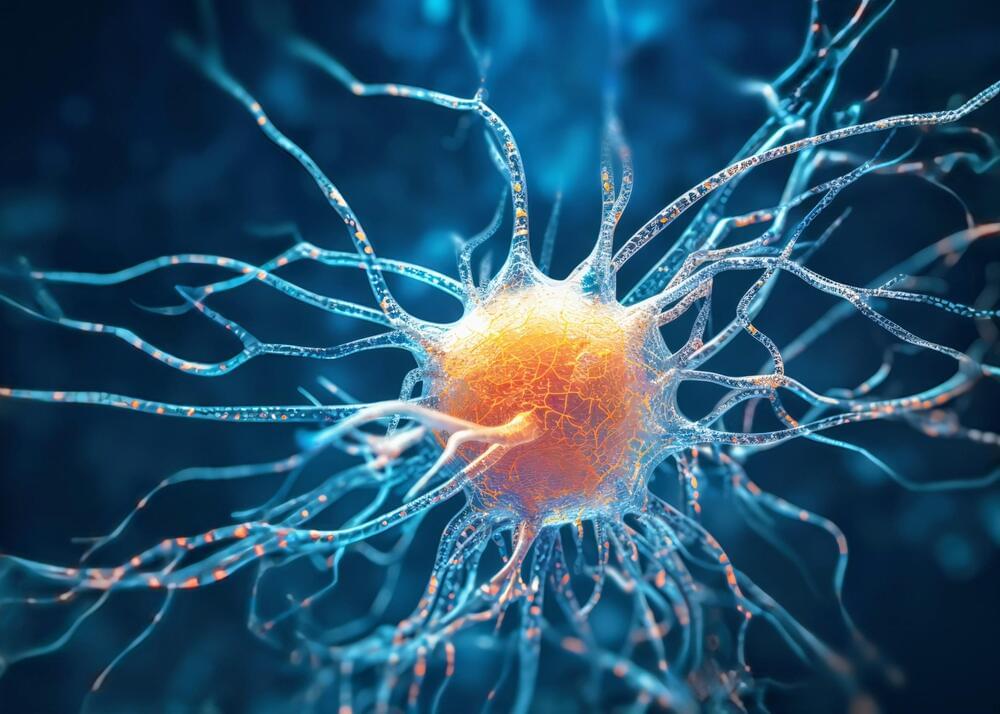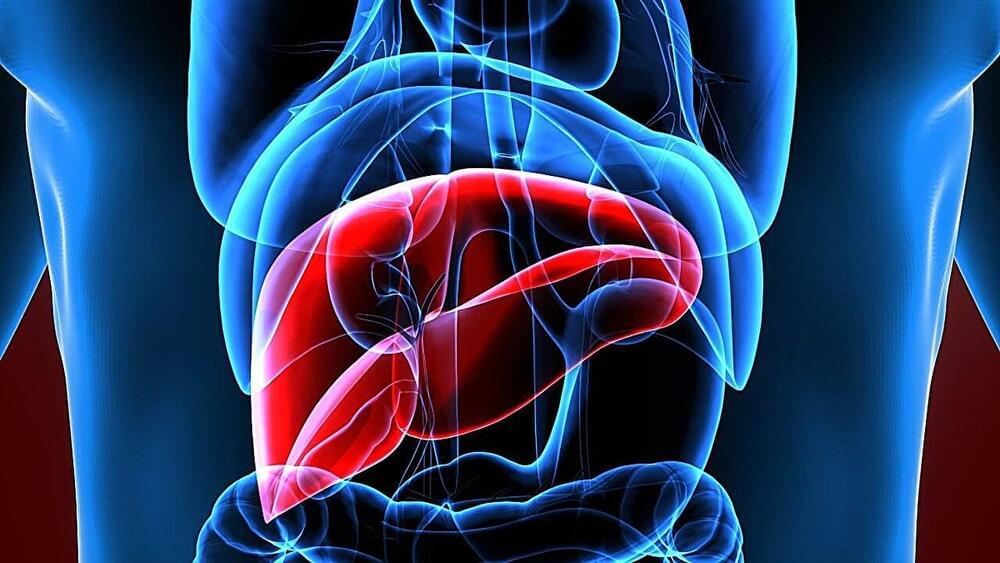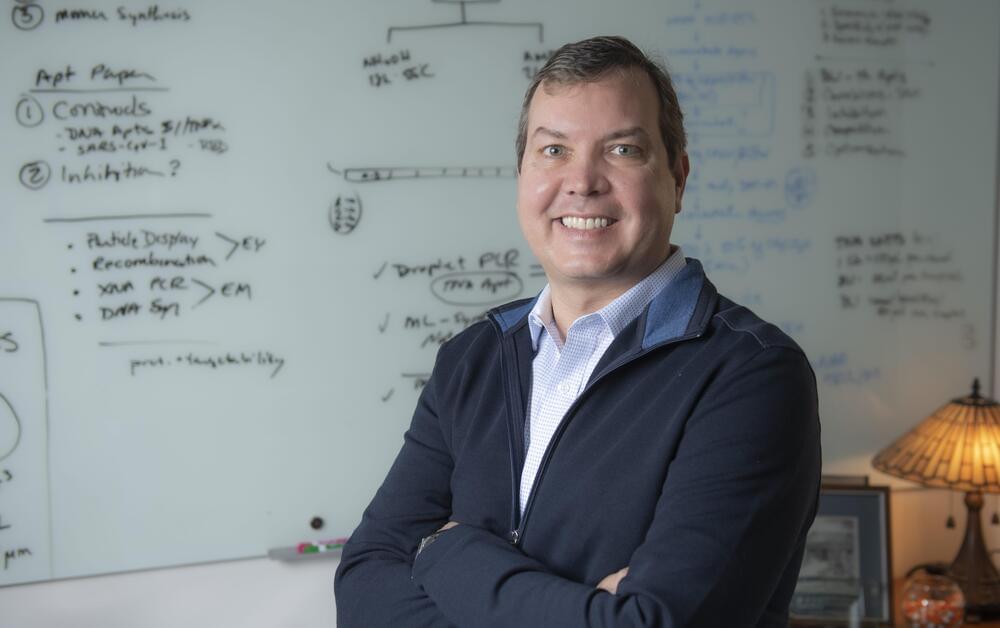Nov 5, 2024
Gene therapy Improves Eye Health and Reduces the Need for Anti-VEGF Injections in Age-Related Macular Degeneration
Posted by Tomer Ze’ev in categories: bioengineering, biotech/medical, genetics, life extension
RegenxBio, a publicly-traded biotech firm, released data this week from a Phase 2 clinical trial designed to test its leading genetic therapy product in patients with bilateral wet age-related macular degeneration (AMD). AMD is characterized by abnormal growth of blood vessels in the retina, and is a leading cause of loss of vision in elderly populations globally.
ABBV-RGX-314, developed in collaboration with AbbVie, offers the potential of a one-time treatment for wet AMD and other retinal conditions, including diabetic retinopathy. This is in contrast to existing treatments which rely on repeated intraocular injections of drugs that inhibit a protein known as Vascular Endothelial Growth Factor (VEGF), a protein responsible for the formation of new retinal blood vessels.
The ABBV-RGX-314 therapy is based on a an AAV8 viral vector as a delivery system. The AAV8 platform has been genetically engineered to encode an antibody that can inhibit VEGF for the long-term.


